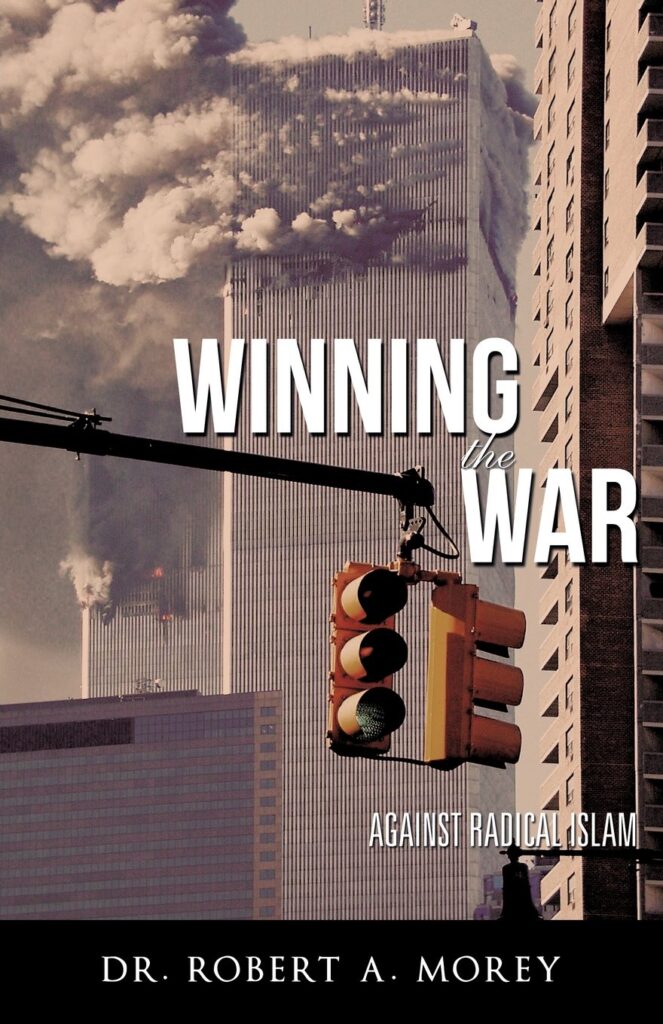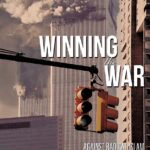
Should Christians prepare for the worst? Isn’t that one of the big questions we all face? If we have our faith in God, shouldn’t we trust Him to take care of us? Where is the line between faith and prudence anyway? Just what does God expect of us?
Does the Bible actually talk about any of this? Yes, it does! God knows the dangers that we face and He knows what we should do about it. He is not blind to our needs. We can see the balance between doing our part and trusting in Him in His Word. It doesn’t have to be one or the other; it can, and should, be both.
God has a plan for our lives and He will get us through, but we have to do it in faith. That doesn’t just mean trusting Him to take care of us, but also doing what He tells us to do. The great “Hall of Faith” in Hebrews 11 is filled with people who trusted God, doing what He said to do. It falls to you and me to walk in the footsteps of those giants of the faith and do what God tells us to.
Find out what God says about all this, in this powerful insightful book. You’ll see Biblical examples, along with practical faith, which can show you what you need to do, so that you can ensure that your family will be taken care of when everything else goes wrong.
Do not be anxious about anything, but in every situation, by prayer and petition,
with thanksgiving, present your requests to God. And the peace of God, which
transcends all understanding, will guard your hearts and your minds in Christ Jesus.
(Philippians 4:6-7)1
As we begin, let’s start with prayer. Let’s pray throughout the duration of the COVID-19
outbreak. Public health emergencies like the COVID-19 can cause fear and anxiety. Prepare,
but don’t panic. This passage reminds us that, in every situation, our prayers ground us in
God’s peace. We step forward with faith: God is with us as we seek protection and discern
how best to love our neighbors.
The aim of this guide is to help churches in the United States plan and prepare for COVID-19.
This church planning and preparedness guide draws on biblical wisdom and our team’s research.
We will share insights and best practices from our collaborative work with local, state, and
federal public health agencies.2
Our team’s experiences with helping churches around the globe
for nearly a decade have also informed this guide.
Church planning and preparedness should not be developed in a
vacuum. It’s important to recognize that each church has its own history,
culture, and approach to ministry. Successful church planning and
preparedness should also acknowledge the unique risks each community
faces, as needs vary from region to region and church to church.
STEP 1: Get Organized 5
Actions: Start with Prayer, Reflect on Scripture, and Leverage Existing Ministries and Activities
STEP 2: Create a Health Team 8
Actions: Frame Preparedness Efforts in Terms of Health, Recruit Lay Leaders, and Define
Roles and Responsibilities
STEP 3: Develop a Communications Strategy 13
Actions: Leverage Familiar Communication Platforms, Be Intentional in Communicating with
Vulnerable Groups, and Prewrite Messages
STEP 4: Focus on Church and Community Outreach 20
Actions: Provide Vetted Information from Trusted Resources and Focus on Underserved
Individuals and Communities
STEP 5: Strengthen Preparedness Through Collaboration 23
Actions: Work with Other Churches and Consult with Local Public Health Agencies
STEP 6: Adapt to Changing Needs 25
Actions: Stay Informed, Consider Modifying Practices, and Adapt Services if Needed
“You could be forgiven for thinking apocalyptic thoughts,” writes The New York Times in response to recent disasters. With multiple earthquakes, successive hurricanes, fires raging in the Northwest and California, as well as escalating tensions with North Korea, the last few months have brought an onslaught of natural and man-made chaos.
The less obvious threat for Americans is the vulnerability of our electrical grid—which, in the opinion of some experts, is imminently hackable. Vanity Fair publishes regularly on the topic (see Michael Lewis’s latest story). Even Ted Koppel, the calm, unflappable former news anchor, says it’s a matter of if, not when the electrical grid goes down and leaves us suspended in a strange, uneasy darkness.


Comments